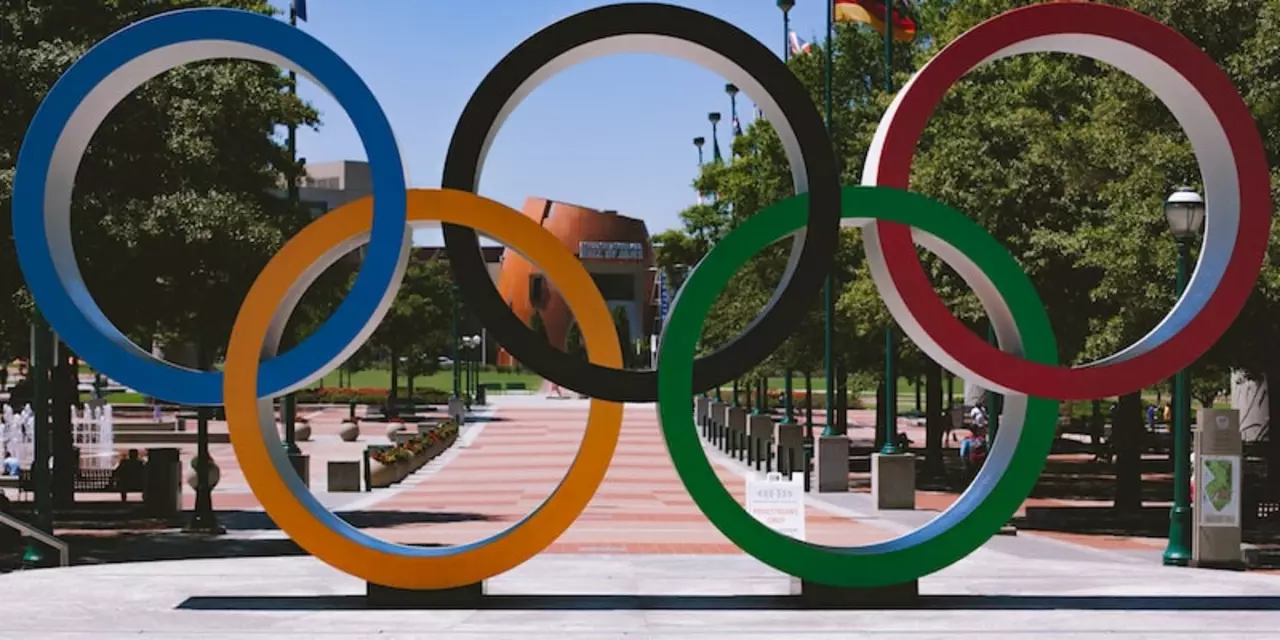Sports Hall of Fame – How Athletes Earn the Ultimate Honor
When talking about the Sports Hall of Fame, a curated roster that celebrates athletes who have reached the pinnacle of achievement in their sport. Also known as Hall of Fame, it serves as a permanent record of excellence and inspires future generations to aim higher. The very idea of a Hall of Fame encompasses elite performers, historic moments, and the stories that fans keep retelling. Because of that, every new inductee instantly becomes part of a larger narrative that spans decades and even centuries.
Why Some Halls Are Considered the Toughest
One name that often pops up in the conversation is the Pro Football Hall of Fame, the institution that honors the NFL’s most legendary players, coaches and contributors. Its selection process is notoriously rigorous, demanding not just impressive stats but also lasting impact on the game. Close behind, the Baseball Hall of Fame, the shrine of baseball’s all‑time greats located in Cooperstown, uses a voting system that often leaves even Hall‑of‑Fame‑bound candidates waiting decades for a nod. Both of these examples show how the depth of competition and the weight of history shape the perception of difficulty. When you compare them, you’ll see that the tougher a Hall is, the more it influences how fans and players value greatness across all sports.
The core of any Hall of Fame’s challenge lies in its Hall of Fame induction criteria, a set of standards that look at career length, awards, statistical milestones, and the level of competition faced. An athlete usually needs a minimum of ten years at the top of their game, multiple championship appearances, and individual honors that set them apart from their peers. The criteria also demand that voters consider off‑field contributions, such as leadership and community impact, which adds another layer of complexity. Because each sport has its own culture, the Basketball Hall of Fame, for instance, places extra weight on playoff performance and global influence. These varied requirements mean that getting into any Hall isn’t just about numbers; it’s about fitting into a broader story of what the sport values most.
Below, you’ll find a collection of articles that dig into these topics from every angle – from the gritty details of the voting process to personal anecdotes from athletes who finally made it in. Whether you’re a die‑hard fan wondering why the Sports Hall of Fame feels so exclusive, or a casual reader curious about the standards that separate legends from greats, the posts ahead will give you clear, down‑to‑earth insights. Get ready to explore the toughest hurdles, the most celebrated names, and what it really takes to join the ranks of history’s elite.
The article discusses the difficulty of being inducted into a sports Hall of Fame. It looks at the criteria for induction, such as the length of the athlete's career, their accomplishments and awards, and the strength of their competition. It also looks at the different sports Halls of Fame and which ones are the toughest to be inducted into. It concludes that the Pro Football Hall of Fame is the most difficult Hall of Fame to be inducted into due to the amount of competition and the criteria required for induction. In addition, the Baseball Hall of Fame and Basketball Hall of Fame are also considered hard to enter.

 Sports News
Sports News